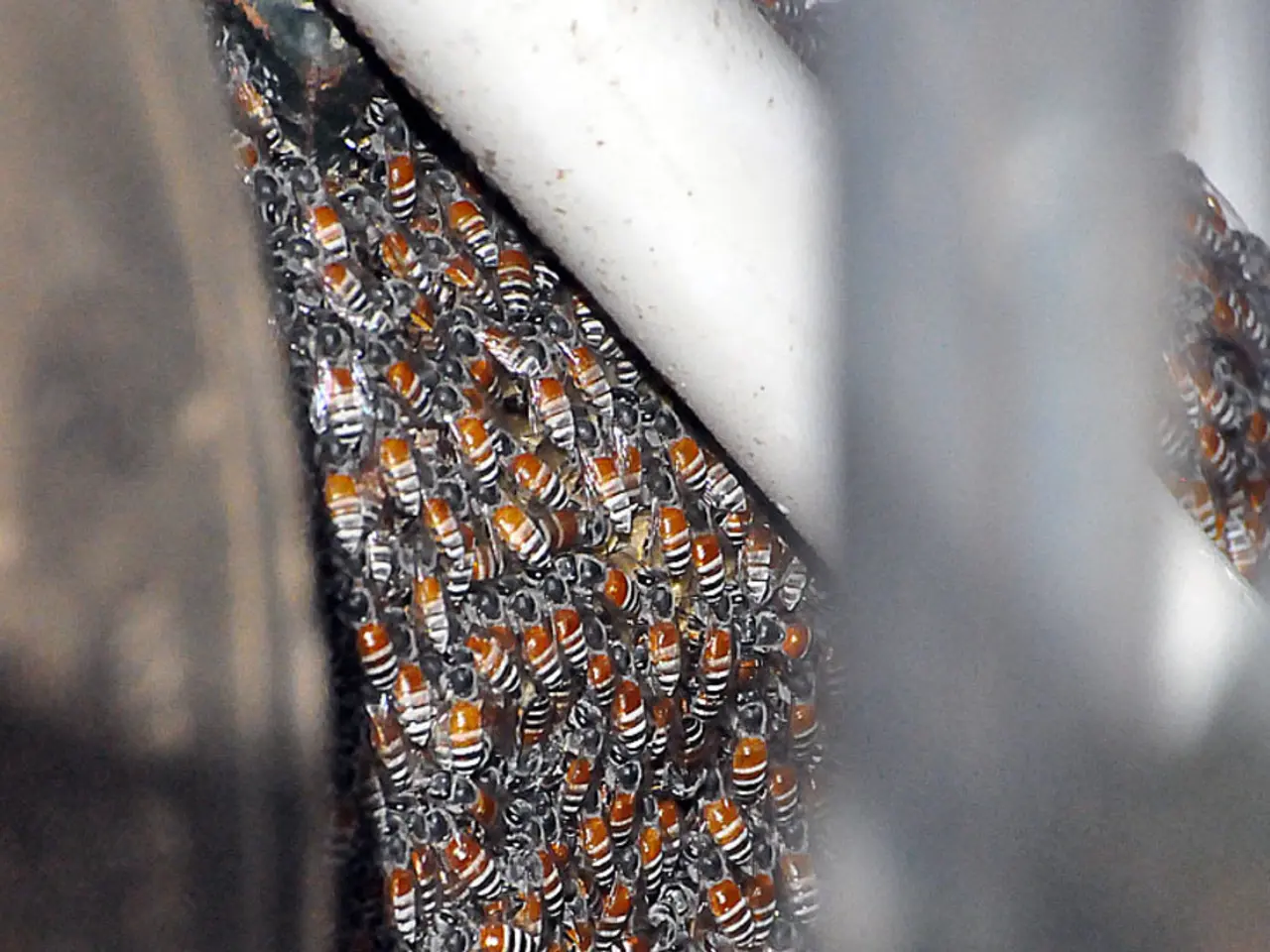Exploring Bee Pollen versus BVT for the Treatment of Lyme Disease
In recent years, there has been a growing interest in using natural supplements to treat Lyme disease, a tick-borne illness that affects thousands of people each year. One such supplement that has caught the attention of some is bee pollen. However, it is crucial to understand the facts surrounding the use of bee pollen for treating Lyme disease.
Bee pollen, rich in vitamins, minerals, proteins, lipids, fatty acids, and antioxidants, has been praised for its potential health benefits. Some studies suggest that it may possess antimicrobial effects. Yet, when it comes to Lyme disease, the role of bee pollen is less clear.
At present, there is no robust scientific evidence supporting the use of bee pollen for treating Lyme disease. The latest available research and reviews do not identify bee pollen as a treatment for Lyme disease or related tick-borne illnesses. This contrasts with bee venom therapy (BVT), an alternative therapy that has anecdotal and preliminary reports suggesting possible benefits, but lacks strong clinical validation and is not widely endorsed by the medical community.
BVT, distinct from bee pollen, involves the intentional application of bee venom to the body for healing purposes. While some studies have shown promising results for BVT in treating Lyme disease, it is important to note that BVT is not yet FDA-approved for Lyme disease treatment, and more research is needed to fully establish its efficacy and safety. BVT should only be undertaken under the guidance of a qualified healthcare provider experienced in this therapy.
While bee pollen may not be a viable treatment option for Lyme disease, it could potentially serve as a supportive supplement to enhance overall health and immune function during Lyme disease treatment. However, before incorporating bee pollen into a regimen, especially in the context of Lyme disease or any chronic condition, it's essential to consult with a healthcare provider.
It's also worth noting that BVT can be extremely dangerous for people with known allergies to bee venom. Response to BVT can vary significantly between individuals due to factors like genetic makeup, environmental exposures, and specific strain of Lyme disease.
In summary, while bee pollen is popular as a natural supplement, there is no scientific basis to use it for Lyme disease treatment at this time. Caution is advised with alternative treatments unless supported by rigorous studies. The focus of ongoing scientific efforts remains on understanding the bacteria’s survival mechanisms inside ticks and developing strategies based on antibiotics or new biotechnologies rather than on bee products such as pollen.
- Although some studies suggest that bee pollen, rich in various nutrients and antimicrobial properties, might hold potential health benefits, there is no evidence suggesting it as a treatment for Lyme disease or related tick-borne illnesses.
- While bee venom therapy (BVT) has anecdotal and preliminary reports suggesting possible benefits for Lyme disease treatment, it is not yet FDA-approved and requires further research to establish its efficacy and safety.
- As bee pollen may not be a viable treatment for Lyme disease, it could be considered as a supportive supplement to boost overall health and immune function during Lyme disease treatments, but only after consulting a healthcare provider.
- Bee venom therapy can pose a risk for people with allergies to bee venom due to varying responses, and ingesting any supplements or undergoing treatments should be done under the guidance of a qualified healthcare provider experienced in these matters.




